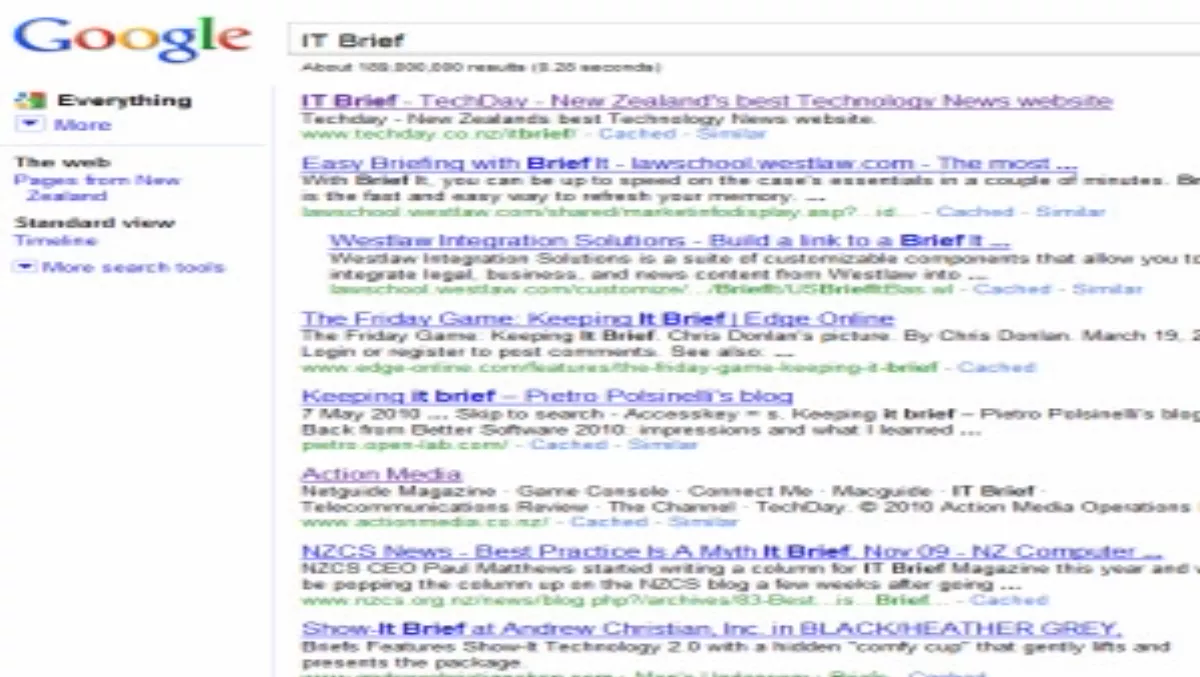
Report: Google search results 'poisoned'
Three out of the top ten search trends contained at least one malicious URL within the first 70 results, a report has found.
Symantec said that search engine results poisoned with links to fake antivirus software have been a constant problem for internet users but they remain an effective way for cyber attackers to infect users’ machines.
“Google recently presented a research paper regarding websites that offer fake antivirus software and part of the research shows that search engine results can lead to malicious pages,” said Symantec.
According to Symantec’s Report on Rogue Security Software, the culprits of these “toxic” search results are typically scam perpetrators who use a range of black hat search engine optimisation (SEO) techniques to poison search engine results and increase the ranking of their scam websites on search engine indexes.
Key findings between March 30th and April 18th (via Google) were:
- On average at any given hour, 3 out of the top 10 search trends contained at least one malicious URL within the first 70 results.
- On average, 15 links out of the first 70 results were malicious for search terms that were found to be poisoned (had at least one malicious URL).
- On average on any given day, 7.3 percent of links are malicious in the top 70 results for top search terms (see Figure 1).
- The most poisoned search term resulted in 68 percent of links leading to malicious pages in the first 70 results.
- Almost all of the malicious URLs redirect to a fake antivirus page.

